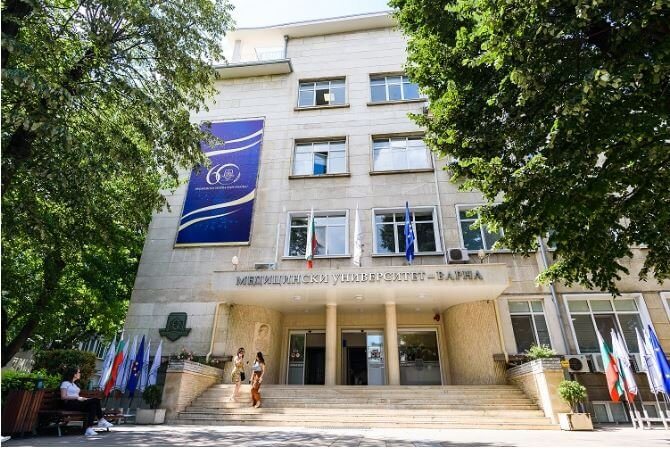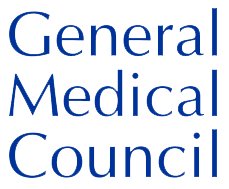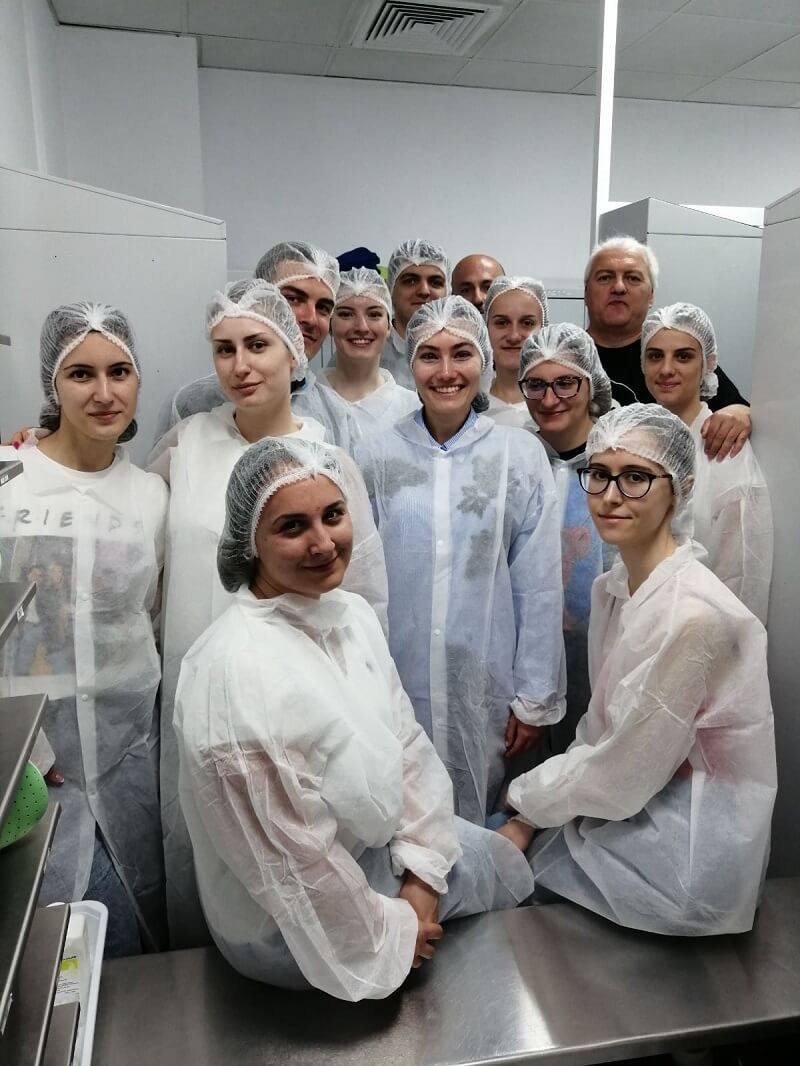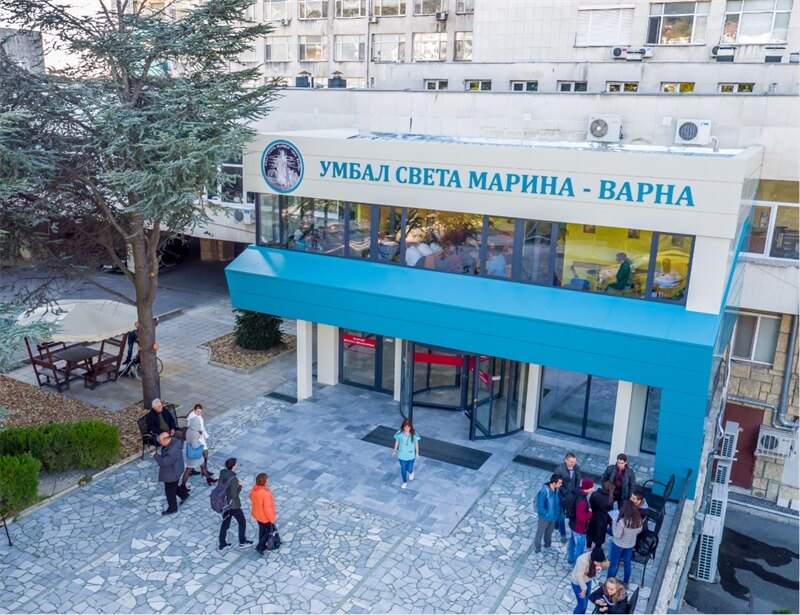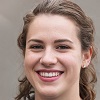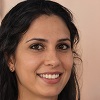Medicine
The 6-year medicine programme in Bulgaria is taught entirely in English and spans 10 semesters of academic training. The first 2 years of the curriculum are devoted to pre-clinical study, while the final 3 years are devoted mostly to clinical training and research.
Prior to graduating, the final year of the programme is an internship year consisting of clinical rotations. Students are then expected to sit a state licencing exam Additionally, students will be required to complete summer practical internships in years 2-4.
When students complete the academic programme and final year internship requirements, in addition to passing state tests, they get the professional title of Doctor of Medicine (MD) and a globally recognised Master's degree..
Dentistry
Similar to the medical course, the theoretical instruction is provided in the form of lectures, seminars, practical exercises, and individual work for all compulsory, elective, and facultative subjects.
Practical training is provided through practical exercises throughout the semester, training practises, and pre-graduate traineeship. Students gain adequate knowledge medical science, proper comprehension of scientific methods, structure, physiology, and behaviour of healthy and sick individuals, as well as the influence of social factors on dental health.
As a result of the fundamental training, the aspiring dentist will acquire the abilities necessary to execute all tasks involving the prevention, diagnosis, and treatment of abnormalities and illnesses of the teeth, mouth, jaws, and associated tissues.

